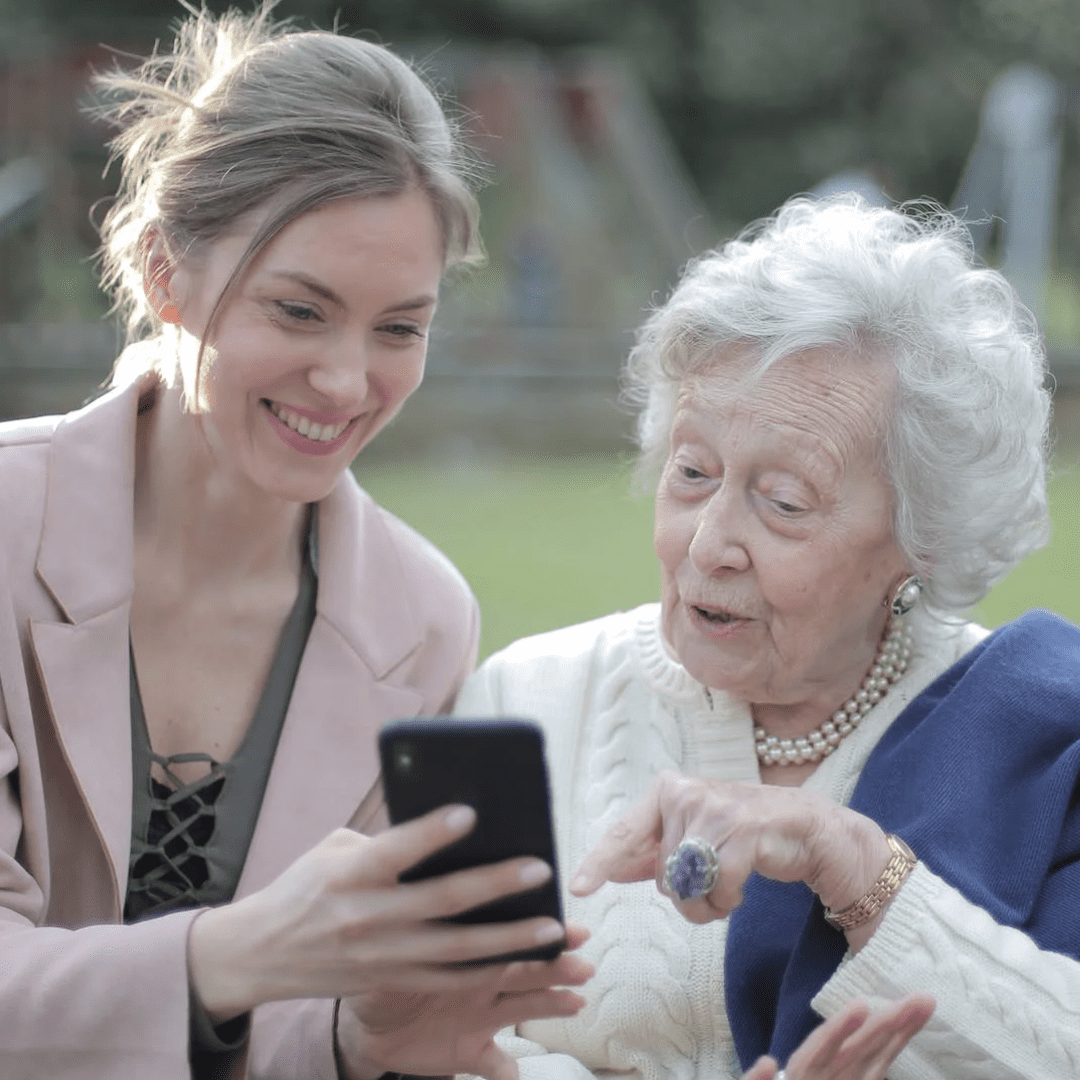
10 Signs of Dementia to Recognize
As a caregiver, spouse or family member, it’s important to recognize some of the common signs of dementia in aging adults. Dementia is a general term used to describe the decline of a person’s mental ability. It’s not a disease, but an overall term that is used to describe a list of symptoms. While often subtle at first, over time dementia begins to interfere with daily life. Memory loss, difficulty speaking, problems with spatial recognition and irritable behavior are all common among those with dementia.
Dementia is the result of damaged brain cells. And Alzheimer’s disease is the most common type of dementia. This accounts for nearly 60 to 80 percent of cases of dementia cases. According to the Alzheimer’s Association, an estimated 5.4 million Americans have Alzheimer’s disease. And one in nine people age 65 have the condition.
Since memory changes are also part of the normal aging process, it’s important to recognize common signs of dementia.
While dementia can be somewhat difficult to diagnose, Green Leaves ADHC has put together a list of 10 warning signs for you to recognize. Though the symptoms of dementia may be gradual, it is important to seek professional help if any of the following symptoms begin to affect a person’s daily life. Some of the treatment options most effective with early diagnosis may help to slow down the effects of dementia.
10 Common Signs of Dementia
- Subtle, Short-Term Memory Changes: Pay attention to changes in memory; difficulties with recalling short-term memory situations could potentially lead to a diagnosis of dementia. Misplacing items and being unable to remember basic things like taking medicine or what was eaten at breakfast are indicators of short-term memory loss.
- Inability to Use the Right Words: Not all common signs of dementia are immediately obvious. Listen carefully to your elderly parent, spouse or loved one. If he or she is struggling to identify everyday objects or communicating effectively it may be time to seek help.
- Changes in Mood or Behavior: While it may be hard to understand a person’s internal feelings, if you notice a severe shift in your loved one’s attitude, personality or behavior, this is one of the signs of dementia. For example, if someone goes from being extremely cautious, shy and fearful to loud and outgoing, this could be an effect of dementia. Dementia tends to impact people’s judgment often causing a marked change in personality and behavior.
- Apathy: Extreme apathy, laziness and lack of interest in common hobbies is a significant indicator of dementia. Often, this condition causes people to lose control of their normal behavior and emotions. And in turn, it may cause people to lose interest in activities they previously enjoyed.
- Trouble with Normal Tasks: Pay attention to elderly adults struggling to complete normal tasks like balancing a checkbook, tying sneakers, or making breakfast. Even unusual changes to common routines can be a sign that something might be wrong.
- Confusion: Memory loss, judgement issues and confusion are common experiences for those with dementia. Face recognition issues and losing common items like keys and shoes are typical for those with dementia.
- Unable to Follow a Storyline: If you notice that your elderly loved one fails to follow simple storylines or understand language, you may want to seek professional help. These signs are attributes of dementia, but could also be warning signs of other serious health problems like a stroke.
- Losing a Sense of Direction: This warning sign is extremely important for seniors who are still out on the roadways. With dementia, it becomes harder to recognize familiar landmarks or to follow step-by-step directions. This problem became so serious that the Silver Alert public notification system was started to publicize information about missing seniors, especially those with Alzheimer’s, dementia and other mental challenges.
- Repetition: With memory loss and the behavioral changes that come with dementia, it may become difficult to recall your conversations and actions. Pay attention to repetitive behaviors like shaving, excessive eating, telling the same stories over and over, and even collecting items.
- Issues with Change: Many people struggle with change, but if your loved one has an especially difficult time adapting to or moving on from normal life changes, this could be an issue. The inability to remember faces, names and directions can be frustrating and scary for those dealing with dementia.
While some memory changes may be characterized as a typical part of the aging process, extreme memory loss is not a normal sign of aging. If you or a loved one is having difficulty with basic tasks, ordinary conversations, or directions, you may want to seek medical help. As with many health problems, early detection is important with dementia, too.
As a senior home care agency serving people with dementia and their families, we recognize many of the challenges associated with this chronic health problem. If you or your loved one has been diagnosed with dementia and is in need of in-home care in Kentucky, Green Leaves ADHC can help.
